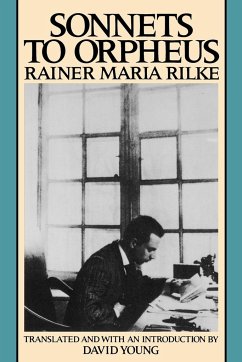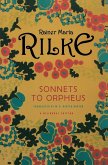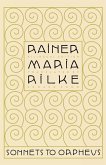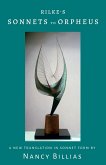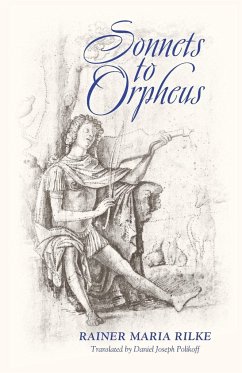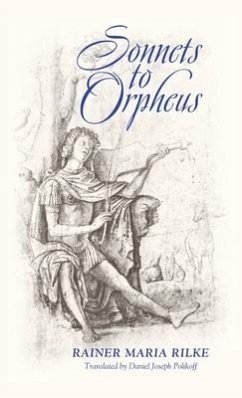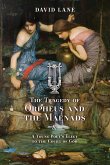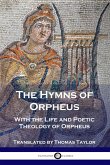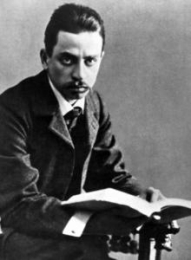Sonnets to Orpheus is Rainer Maria Rilke's first and only sonnet sequence. It is an undisputed masterpiece by one of the greatest modern poets, translated here by a master of translation, David Young. This Wesleyan edition is bilingual, with German and English en face. Rilke revived and transformed the traditional sonnet sequence in the Sonnets. Instead of centering on love for a particular person, as has many other sonneteers, he wrote an extended love poem to the world, celebrating such diverse things as mirrors, dogs, fruit, breathing, and childhood. Many of the sonnets are addressed to two recurrent figures: the god Orpheus (prototype of the poet) and a young dancer, whose death is treated elegiacally. These ecstatic and meditative lyric poems are a kind of manual on how to approach the world - how to understand and love it. David Young's is the first most sensitive of the translations of this work, superior to other translations in sound and sense. He captures Rilke's simple, concrete, and colloquial language, writing with a precision close to the original. RAINER MARIA RILKE was born in Prague in 1875. After a motley education at military and business schools and at Prague's Charles University, he traveled in Europe, Russia, Egypt, and Tunsinia. In addition to Sonnets to Orpheus, Rilke's works include the Duino Elegies, The Book of Pictures, Poems from the Book of Hours, New Poems, and The Notebook of Malte Laurids Brigge. Rilke died in 1926. "An undisputed masterpiece by one of the greatest modern poets translated here by a master of translation"-- Voice Literary Supplement. "An artful and sensitive translation of this most elusive of Rilke's poetry.the thing that Rilke made is once again alive to us, all of it.Young has subtracted.the most persistent problem with other translations: he does not let the music of the form haunt the poem. There is no rhetorical 'rounding-out,' in either Pound's fine phrase, emotional slither. The reader feels that Young has successfully 'inhabited' the form, found a correlative language." -Stanley Plumly
Hinweis: Dieser Artikel kann nur an eine deutsche Lieferadresse ausgeliefert werden.
Hinweis: Dieser Artikel kann nur an eine deutsche Lieferadresse ausgeliefert werden.

